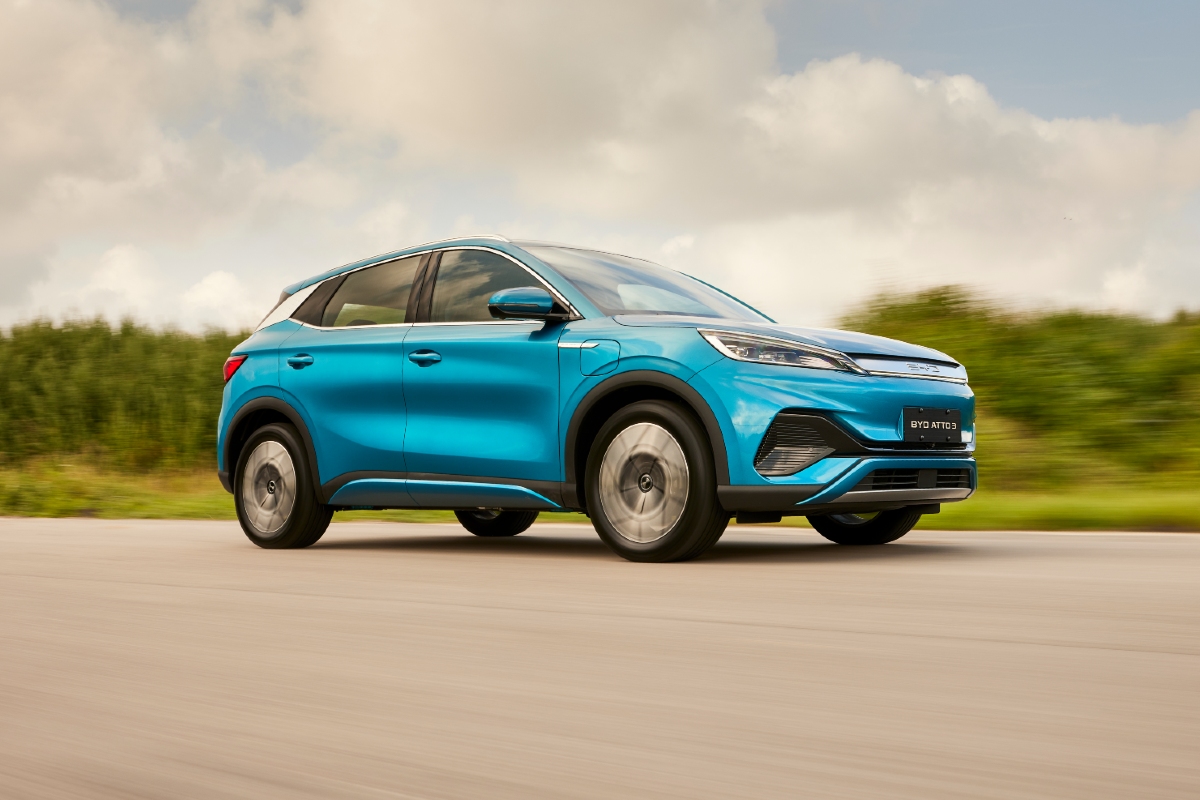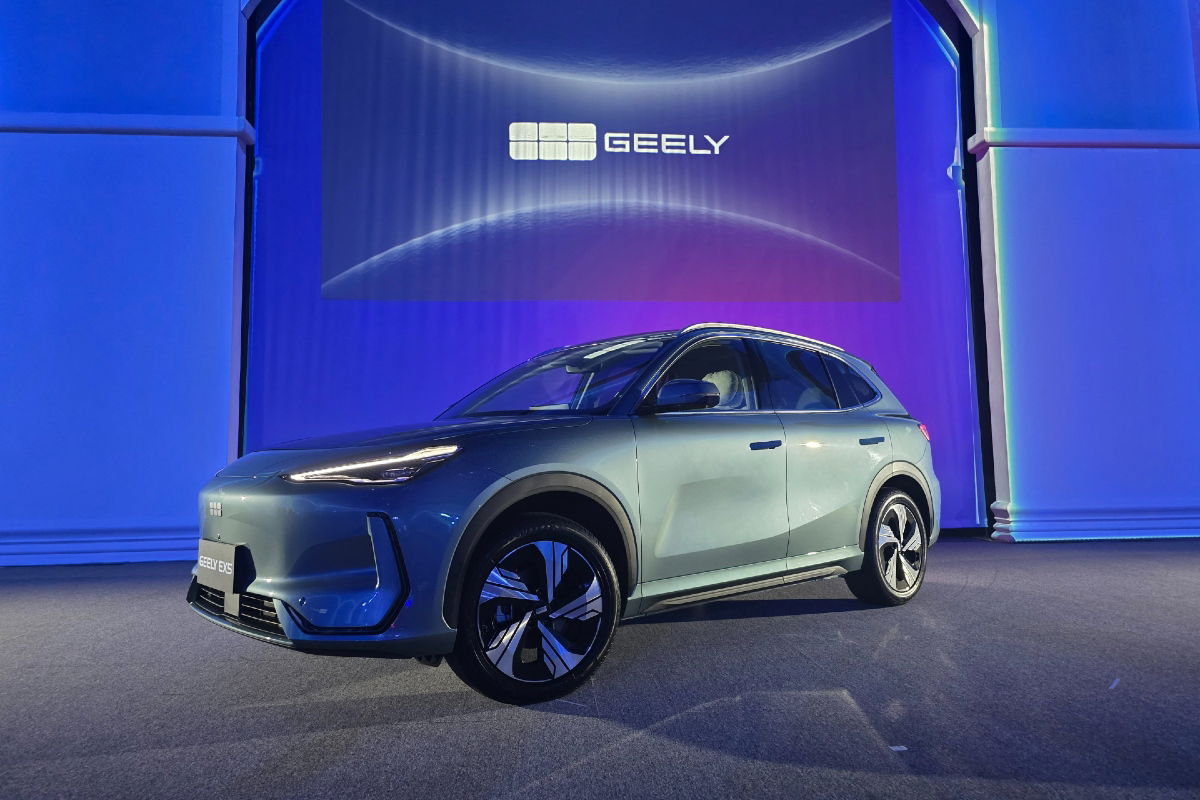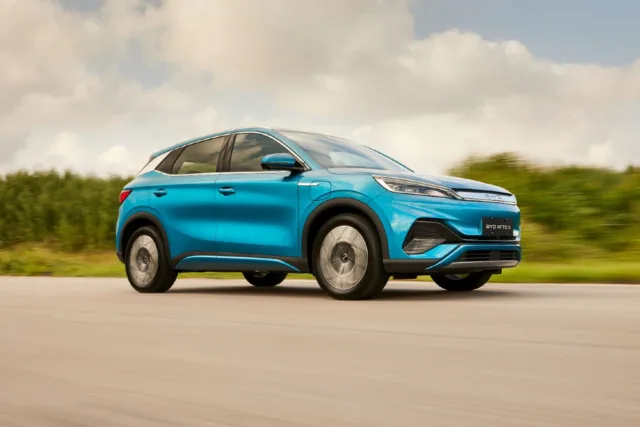Cut-price Chinese electric cars are the target of a government crack down on cheap products flooding the Australian market at the expense of competition.
That’s according to a report from The Sydney Morning Herald this week, that claimed the Albanese Government is looking to make changes to trade policies amid growing global concerns about China’s international expansion.
Speaking to The Herald, Trade Minister Don Farrell said the topic is likely to come up at a World Trade Organisation (WTO) meeting early next year, but didn’t expliciting mention China.

“There’s going to be a meeting in Africa next March and Australia is very strongly pushing for reform of the WTO to make sure it’s fit for purpose to deal with the trade issues in the world,” Farrell is quoted as saying.
“We think the WTO needs to focus on oversupply issues… There’s plenty of products that I think people would say there’s an oversupply. There’s questions about steel, questions about electric vehicles.”
The news comes despite the Federal Government looking to make massive emissions cuts, more than 60 per cent, by 2035. This would mean a huge increase in the amount of electric vehicles on the road, as much as 50 per cent.
Currently the affordable end of the electric car market is dominated by the Chinese, with BYD, Chery, GWM, MG and Hyundai the only brands with a sub-$40,000 model for sale in Australia.

Chinese brands are rapidly growing market share in Australia, with the four previously mentioned brands all finishing in the top 10 best-selling brands in the August sales figures.
Industry insiders have suggested the Chinese government is subsidising the car industry to be able to woo new buyers with cheaper models from brands from Europe, the rest of Asia and the USA, although local executives have denied this is the case.
Europe has introduced tariffs of up to 45 per cent on Chinese electric cars, while in the US Chinese cars are effectively banned thanks to laws on software and hardware from the country.
While Minister Farrell’s comments don’t explicitly outline plans for tariffs or other methods for making Chinese cars more expensive, it does make it clear that the government is paying attention to what is happening in the car industry and is at least concerned by the rising role of Chinese vehicles.
What do you think – should Chinese cars be more expensive?









